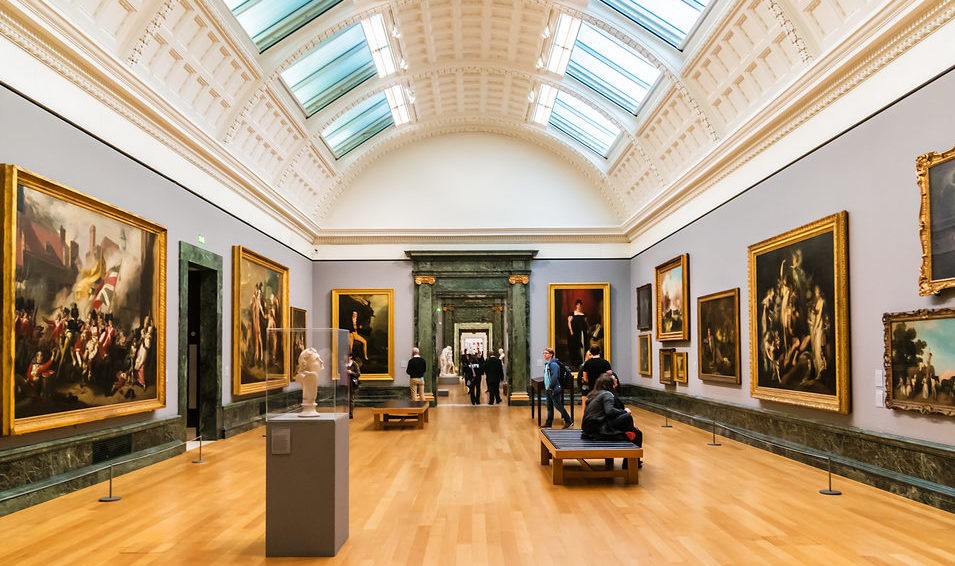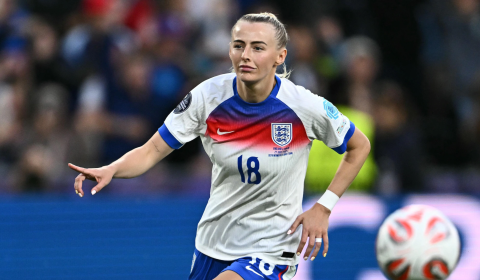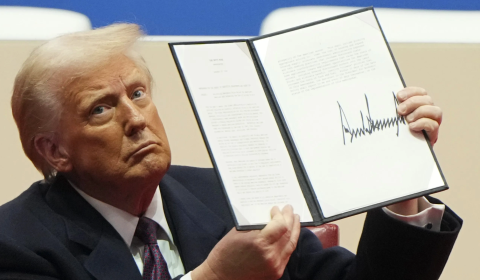In a huge breakthrough, Tate – one of the biggest institutions in the world – has payed a six-figure legal settlement to three artists after the gallery was sued for victimisation and race discrimination.
When I read on Sunday that Tate had agreed to pay Amy Sharrocks and Jade Montserrat – both sculptors and performance artists – a six-figure legal settlement, I found myself in a state of shock.
Tate is one of those institutions that feels immovable, no artist too great, no legal battle too thorny to upend it.
Certainly, the gallery has received tirades of hate and controversy over the years. A large portion of this criticism has centered on claims of racial discrimination, a lack of staff diversity, and ominous investment strategies.
Yet Tate remains one of the most successful art institutions worldwide. The greatest irony is perhaps that Tate prides itself on inclusion and innovation, positioning itself as an artworld disruptor.
Under their ‘commitment to race equality’ page on the website, Tate states ‘In recent years we have made progress in better representing artists of colour in our collection […] but that work must go further.’ ‘We are committed […] to challenging ourselves to dismantle the structures within our own organisation which perpetuate that inequality’.
Some might say that this self-awareness is a positive thing, but Tate is known for falling back on its own self-constructed ‘wokeness’ when scandal comes knocking. After all, how are artists – most of them young, financially dependent on these institutions, and ill-equipped to navigate the art world’s legal minefield, supposed to do anything but roll over?






















